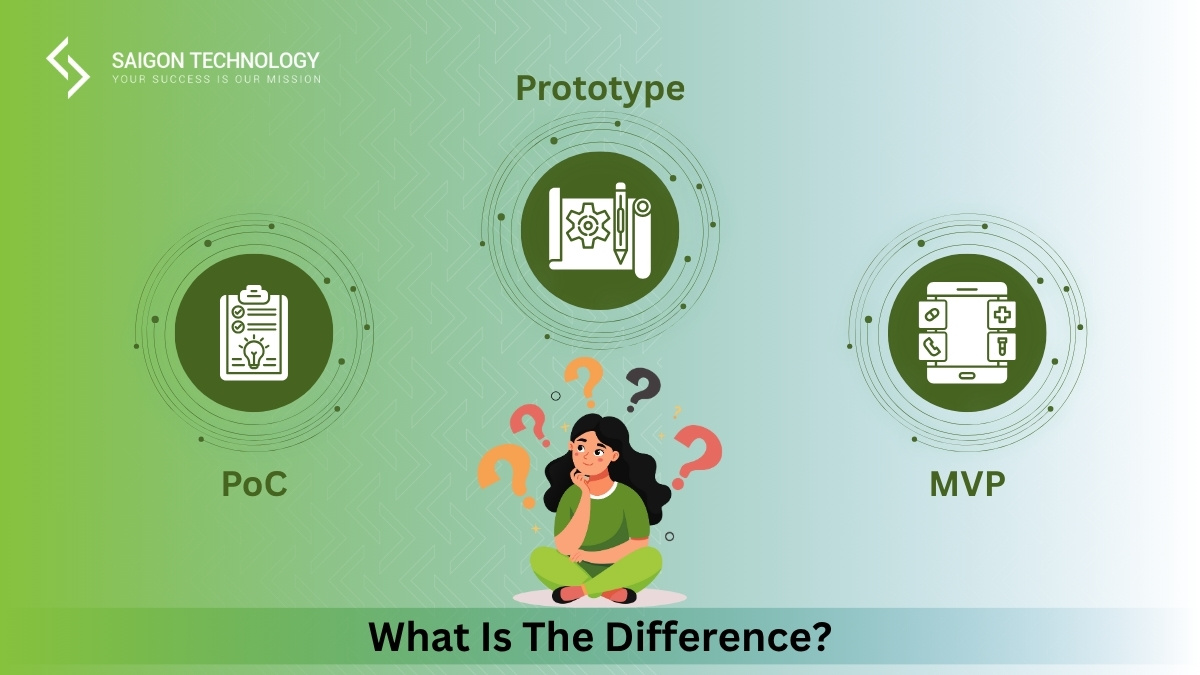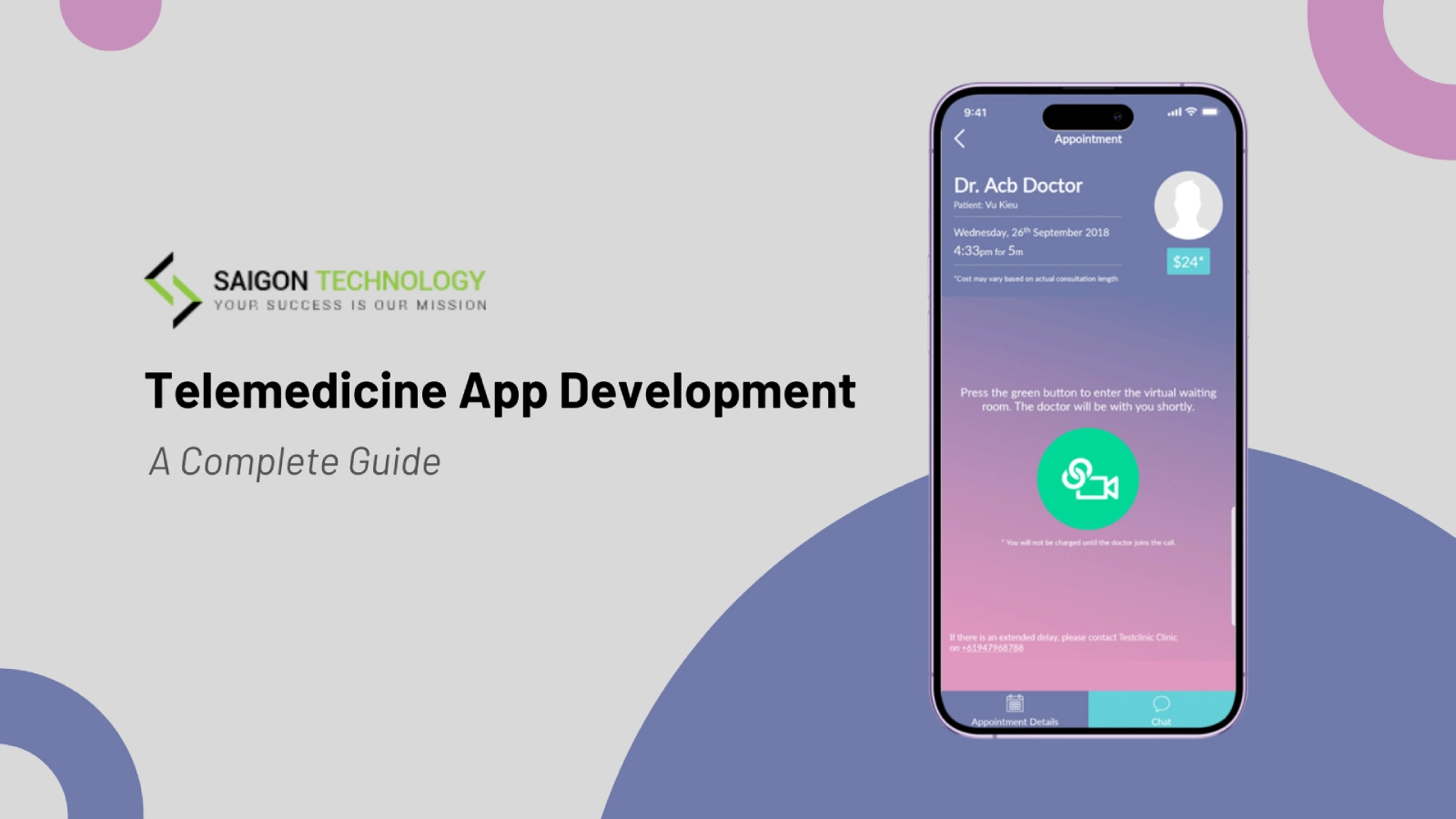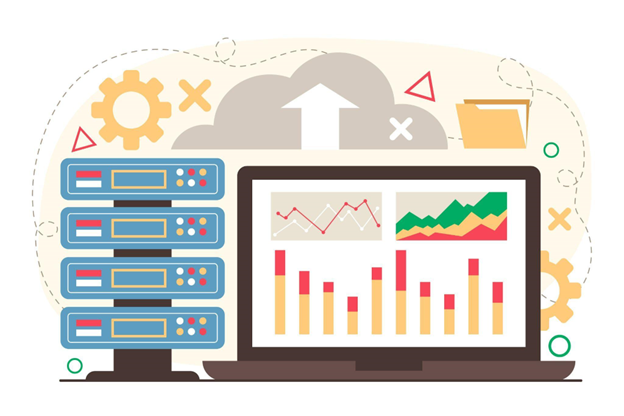The software testing industry is growing rapidly, and the demand for skilled software testers is increasing. It is important to stay ahead of the curve and invest in the best software testing tools available as a business owner. In this blog post, we will discuss the top 10 software testing tools that will be popular in 2025.
1. Kobiton
Kobiton is a mobile testing tool that allows businesses to test their apps on real devices. It offers features such as device management, app testing, and bug tracking. Kobiton is ideal for businesses that want to ensure the quality of their mobile apps.
Features:
- Supports Android and iOS devices
- Offers manual and automated testing capabilities
- Provides real-time reporting and analytics
2. Testim
Testim is a powerful software testing tool that enables you to create and execute automated tests with ease. It offers a wide range of features, including scriptless test authoring, execution, and reporting. Testim also integrates with popular CI/CD tools such as Jenkins and TeamCity.
It is one of the most popular software testing tools on the market and is used by some of the world’s largest companies, such as Amazon, Facebook, and Google. Testim has a wide range of features that make it an ideal choice for software testing, including:
Features:
- AI-powered test automation: Testim uses artificial intelligence to generate and execute test cases automatically. This helps to improve the accuracy of your tests and saves you time and money.
- Self-healing tests: Testim’s self-healing tests help you to find and fix errors in your code quickly and easily. This helps to improve the quality of your software and reduces the chances of defects slipping through the cracks.
3. testRigor
testRigor is an advanced AI-powered test automation tool designed to simplify and accelerate end-to-end testing. It enables teams to create complex automated tests in plain English, making it accessible to both technical and non-technical users. This approach eliminates the need for scripting and reduces test maintenance costs significantly.
Features:
-
Codeless Test Creation: Allows QA teams to write test cases in natural language without any coding knowledge.
-
AI-driven Test Maintenance: Automatically adapts to changes in the application UI, minimizing maintenance time.
-
Cross-platform Support: Supports web, mobile, and API testing, allowing unified test coverage across platforms.
-
Seamless CI/CD Integration: Works with tools like Jenkins, CircleCI, and GitHub Actions for continuous testing and delivery.
-
Robust Test Execution: Enables parallel test runs across multiple browsers and devices to accelerate feedback cycles.
Enterprises choose testRigor for its intuitive design, scalability, and ability to help teams ship high-quality products faster by reducing manual effort and improving reliability.
4. Autify
If you are looking for a software testing tool that can help you automate your testing efforts, Autify is the tool for you. It offers a wide range of features, including automated web testing, mobile testing, API testing, and more. In addition, Autify provides comprehensive reporting and analytics tools to help you track your software quality assurance efforts.
Features
- Support for multiple browsers: Autify can be used to test web applications on multiple browsers, including Chrome, Firefox, Safari, and Edge.
- Support for multiple devices: Autify can be used to test applications on a range of devices, including smartphones, tablets, and desktops.
- Advanced reporting: Autify provides advanced reporting features that allow businesses to track the progress of their software testing projects.
- Integration with popular software development tools: Autify can be integrated with popular software development tools such as Jira and Jenkins.
5. Mabl
Mabl is a software testing tool that uses machine learning to identify and predict defects in software applications. In recent years, it has been gaining popularity due to its ability to detect undetectable issues by traditional testing tools.
Features
- Automated regression testing for web applications
- AI-powered test maintenance
- Real-time insights and collaboration
6. Global App Testing
Global App Testing is a software testing platform that enables businesses to test their apps on real devices in more than 100 countries. It offers a wide range of features, including automated, manual, and performance testing. Global App Testing is one of the most popular software testing tools available and is used by some of the world’s largest enterprises.
Features
- Bug tracking
- Performance monitoring
- Test management
7. TestRail
TestRail is a software testing tool that enables enterprises to efficiently manage, track, and organize their software testing activities. Besides, TestRail also integrates with popular development tools such as JIRA, Jenkins, and TeamCity. It is used by some of the world’s largest companies, including Microsoft, Amazon, and Nokia.
Features
- Test case management
- defect tracking
- Reporting
8. Practitest
Practitest is a cloud-based software testing tool that enables enterprises to manage their software testing processes effectively. It provides users with a wide range of test management, requirements management, test execution, and defect tracking features. Practitest also offers a number of integrations with popular third-party tools such as Jira, Selenium, and Jenkins.
Features
- Practitest is a software testing tool that helps businesses reduce software development costs and improve software quality.
- It offers an end-to-end solution for software testing, from requirements management to defect tracking.
- Practitest also has a built-in reporting module that helps businesses track the progress of their software projects.
9. Xray
Xray is a powerful software testing tool that helps you identify and fix defects in your software applications. It offers a variety of features such as code analysis, cross-browser testing, and Selenium integration. Xray is also one of the few software testing tools that offer support for Ruby on Rails development.
Features
- Automatic defect detection: Xray can automatically detect defects in your software, saving you time and money.
- Cross-browser support: Xray supports all major browsers, including Chrome, Firefox, Safari, and Edge.
- Mobile support: Xray can be used to test software on mobile devices, making it a versatile tool for your enterprise.
10. Seleniumhq
Seleniumhq is one of the most popular software testing tools, and for good reason. It is an open-source tool that can be used for functional and regression testing. Seleniumhq can be used to test web applications on different browsers, platforms, and devices. The tool also supports parallel test execution, which makes it a popular choice for large-scale software testing.
Features
- Supports both manual and automated testing
- Integrates with popular issue trackers such as Jira, Bugzilla, and Redmine
- Has a user-friendly interface that makes test management easy
Final Thought
The software testing tools market is growing rapidly and is expected to reach $50 billion by 2025. This growth can be attributed to the increasing demand for software quality assurance and the need to reduce software development costs. It is important to stay ahead of the curve and invest in the best software testing tools available as a business owner.











